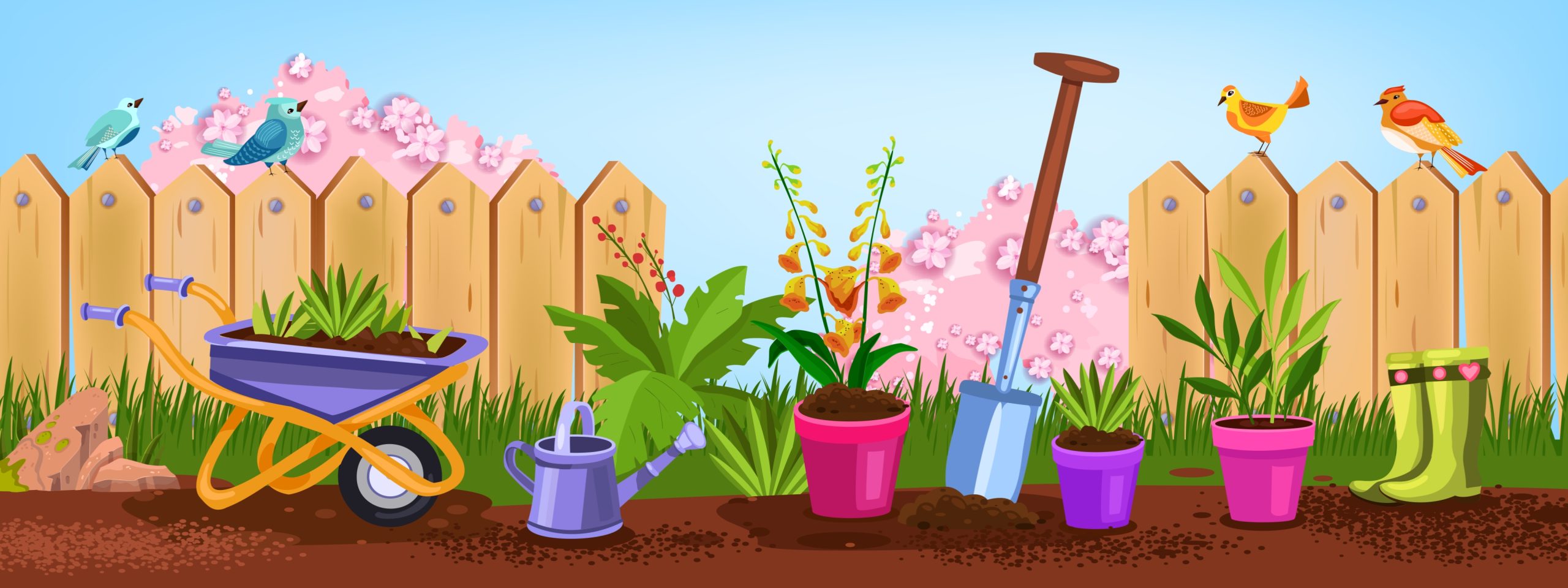There are many challenges associated with climate change and this will increasingly affect everyone, including gardeners and would-be gardeners!
The good news is that generally warmer weather will mean that we’ll be able to spend more time outside, there will be a longer growing season and we’ll be able to grow a wider variety of unusual and exotic plants in our gardens. However, there are some other things we will need to think about too, if we are to maintain a happy, healthy and resilient garden.
The natural world around us is continually adapting and as humans, we have a role in supporting, nurturing and enabling beneficial change.
That is what we can help with at Eco-friendly Garden Solutions!
For instance, introducing more native wild plants and those with different types of flowers means that interesting and useful new creatures will start to frequent your garden. Pollinators such as bees and butterflies are easily attracted by the right kind of nectar-rich blooms and this will help to preserve and increase the insect populations that we rely on for producing much of our food.
Challenges such as heavier rainfall – as we’ve already seen – is increasingly causing flooding, but we can all help to mitigate this by introducing water storage measures. From planting more trees, hedges and other plants in our gardens (that take up excess water) to installing a water butt, there are ways in which we can help minimise local flooding.
More planting also helps to reduce temperatures – from providing shade in our towns and cities to capturing carbon from the atmosphere. It also provides food and shelter for all the wildlife that is such an important part of our food chain.
By making our gardens as wildlife friendly as possible, we can help insects and animals to adapt and survive in greater numbers. This is important because climate change will affect many things differently. For instance, some flowering plants may not bloom for as long as they used to, or not at the time when pollinating insects need them to provide food. So the more diverse the plant species that flower at different times of year, the better.
Pest and predator populations may become out of ‘sync’ with each other too, and this disruption could lead to increased pest infestations, so we need to do what we can to keep the nature in our gardens in balance. We also need to watch out for new invasive plant and pest species that are favoured by new weather conditions.
Changing the way we water our gardens and looking after our soil well is also very important – as is how we power our outdoor equipment and lighting – and making a few changes to these things will probably save us money too!
Whether we are designing a new garden, introducing new features or carrying on gardening in much the same way as we aways have, there are lots of decisions we take as gardeners that can have far-reaching effects on our planet – and we can often make better choices. Just some of these include re-using things we already have, buying new materials from a sustainable and/or local source and growing at least some of our own food.
Recycling garden waste, composting, avoiding buying peat and plastic products, choosing new paving wisely and stopping or reducing the use of fertilisers, pesticides and herbicides, are also vital.
The good news for some perhaps, is that while a perfectly manicured garden can be aesthetically pleasing, leaving things a bit less tidy will greatly benefit wildlife. Hearing that will be quite a relief for some of you! For others, it’ll be good to know that the soft fruiting season will probably be longer and more repeat sowings of salad and vegetable crops will be possible.
However, despite the new gardening opportunities, much of the above may sound a bit daunting. That’s where we at Eco-friendly Garden Services come in – we’re here to help you make some simple changes, to give you a few ideas and to advise and guide about how to best put them into action.
We can all make our gardening more planet-friendly and enjoyable into the future and we’ll show you how!
In the meantime, here are a few tips to be going on with:
- Get to know your garden well: understand and appreciate its unique conditions and character.
- Plant, plant, plant: fill your garden with as many plants of as many different species, sizes and flower shapes as you can.
- Manage soil responsibly: keep digging to a minimum and add as much organic matter as possible.
- Don’t buy peat or plastic products.
- Reduce, re-use and recycle: think carefully before bringing anything new into your garden, or throwing anything away.
- Don’t be too tidy: a garden with wild/untidy bits is much better for wildlife.
- Eradicate or reduce the use of pesticides, herbicides and fertiliser.
- Grow your own fruit, salad and veg.
- Choose tried and tested varieties of plants and buy from reputable suppliers.
- Make eco-friendly choices when considering new garden features.
- Tread lightly and attend to your garden with love!
Call or email us to find out more.

